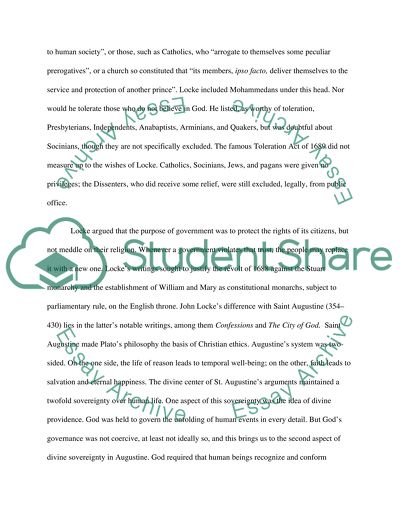Cite this document
(“Locke Book Report/Review Example | Topics and Well Written Essays - 1750 words”, n.d.)
Locke Book Report/Review Example | Topics and Well Written Essays - 1750 words. Retrieved from https://studentshare.org/philosophy/1507513-locke
Locke Book Report/Review Example | Topics and Well Written Essays - 1750 words. Retrieved from https://studentshare.org/philosophy/1507513-locke
(Locke Book Report/Review Example | Topics and Well Written Essays - 1750 Words)
Locke Book Report/Review Example | Topics and Well Written Essays - 1750 Words. https://studentshare.org/philosophy/1507513-locke.
Locke Book Report/Review Example | Topics and Well Written Essays - 1750 Words. https://studentshare.org/philosophy/1507513-locke.
“Locke Book Report/Review Example | Topics and Well Written Essays - 1750 Words”, n.d. https://studentshare.org/philosophy/1507513-locke.


